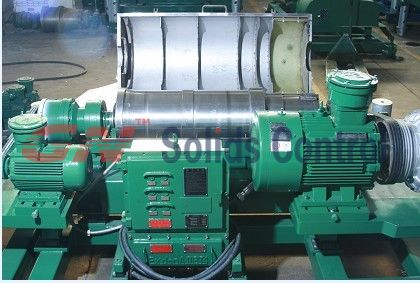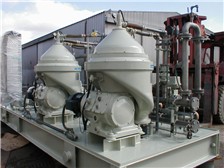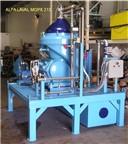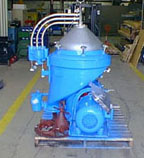Nuclear energy was emerging as an option which cannot be ignored in the quest to meet the world's increasing energy demands while reducing release of greenhouse gases, a top official of International Atomic Energy Agency (IAEA) said today.Speaking at a function at the Indira Gandhi Centre for Atomic Research here, IAEA deputy director general YA Sokolov said the IAEA-installed nuclear capacity across the world was about 370 GW, contributing about 14% of global power generation.
"To date, Light Water Reactors are the main types of reactors used to economically and safely produce nuclear electricity," he said.
However, only a small fraction of the energy from natural uranium, about 1-3%, is used and the rest left in the spent fuel, he added.
Sokolov said recycling of uranium and plutonium from spent fuel of LWRs is possible only once in LWRs, which can provide 20-30% saving of natural uranium consumption.
Praising IGCAR's FBTR, which has served as an "excellent R&D facility" for irradiation of fuel and structural materials for the last 25 years, he said it has generated valuable data and experience for successful operation of FBR.
"The successful operation of FBTR and experience gained over 25 years of operation as well as the progress in R&D has resulted in the decision to construct the 500 MWe Prototype FBR which I hope will be successfully commissioned in 2011," he said.
Chairman of French Atomic Energy and Alternative Energies
Commission Bernard Bigot said India, which is fully committed to the three stage program set up under leadership of Dr Homi Bhabha, appears all set to become a torch bearer and a world key player in area of fast reactors.
He said the progress made by Indian scientists in FBR would shape the future of that technology across the globe.
IGCAR director Baldev Raj said the 500 MW prototype fast breeder reactor (PFBR) modelled on FBTR would be completed by the end of 2011 or in the first quarter of 2012.
Principal scientific advisor to government of India R Chidambaram said closing the fuel cycle assumes greater importance in the context of climate change.
"A Memorandum of Understanding (MoU) has been signed between IGCAR, BHEL and NTPC for joint development of advanced ultra super critical boiler used in thermal power plants," he said.source: www.dnaindia.com












